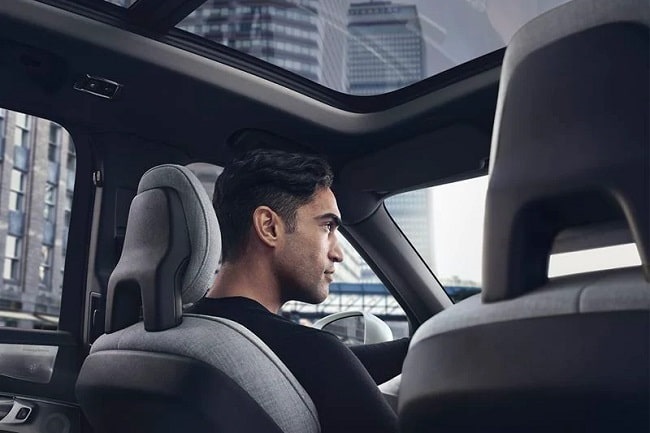1
HOME > Cars >
HOW YOUR MOOD CAN AFFECT HOW YOU DRIVE
Written by Menswear Style in Cars on the 14th November 2019

Emotions are a funny thing, and whether you’re happy, sad, angry or excited, your driving ability can be challenged. Many drivers won’t consider the implications their mood can have on them, particularly when they get behind the wheel.
It’s worth considering what could affect you, particularly if you’re using measures to try and get your insurance down, such as tracking your driving behaviour. This consideration spans not only across your personal driving but also when you get behind the wheel for work. Some companies track driver behaviour and this means they could see a change in how you navigate the roads depending on your mood.

When the way you drive can play a part in fuel, maintenance and insurance costs, considering how you act when you get behind the wheel is essential. While it’s common knowledge that alcohol can impact your driving, not many people are aware that your personal feelings also make a difference. You may assume it’s not a good idea to drive when you’re angry, but happiness can be a big factor when it comes to speeding. Behavioural psychologist Jo Hemmings previously told Daily Mail: “If you’re giddy with joy, you’re likely to be self-absorbed, which may impair your concentration. When feeling happy, your heart rate could increase from a standard 60 beats per minute to 100.”

Once your concentration is impaired, your driving ability changes, so you’re more likely to speed, run a red light or face a near-miss accident. When a driver is overjoyed, they’re likely to have their music on louder than usual, which means you can’t hear car horns, police sirens and your focus is going to be elsewhere. Happiness isn’t the only thing that can cause changes in driving attitude, with sadness, stress and worry also being big factors. If you’re driving while thinking about other problems, you can zone out. It can often turn into a daydream, which is a similar sensation to sleeping and this could result in you losing control of the vehicle. If your driving behaviour is being tracked, either via a telematics black box or a company-issued tracker, you need to be particularly cautious about things like harsh braking and acceleration. If you experience bad road rage, if something frustrates you while you’re driving, you’re likely to react negatively, which ultimately will lower your driving score.

According to The Telegraph, driving while you’re sad is more likely to result in a crash than being tired or using a mobile phone. It was found that high emotions can increase your risk of having an accident by almost ten times. The biggest risk factor is of course alcohol and drunk use, with calling someone on the phone being a high factor too. Texting your friends is also likely to increase your chances by five times, which is a substantial difference to the ten for emotions. If you’re getting behind the wheel, consider how you’re feeling first and try to calm yourself down. If you can’t control your excitement, pay extra attention to your driving, make sure you’re not speeding and keep to your lane – otherwise you’ll increase risks to your safety. When you’re particularly upset, if you need to be somewhere, ask someone to pick you up rather than drive yourself. Consider the implications, treat it as though you’ve had a few drinks. Ultimately your safety comes first, so prioritise your emotions, but make sure you don’t get behind the wheel.
Trending
2
3
4
5
6
7
8
9
10









